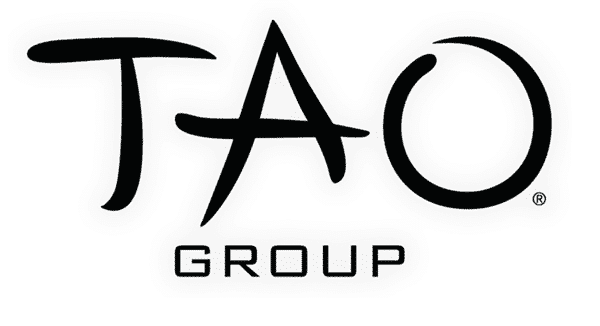Introduction:
Digital marketing has transformed the business landscape, offering unparalleled reach and engagement. As businesses harness the power of digital platforms, the need for sustainable and ethical practices in this dynamic field becomes increasingly apparent. In this article, we delve into the crucial aspects of aligning digital marketing strategies with sustainability and ethics for long-term success.
Understanding Sustainable and Ethical Digital Marketing:

In the ever-evolving world of digital marketing, sustainability and ethics serve as guiding principles. Defining these terms in the context of the digital realm is essential. Sustainability in digital marketing refers to practices that endure, minimizing negative environmental impacts and fostering long-term success. Ethical digital marketing, on the other hand, involves conducting campaigns and activities in a morally responsible manner, considering the well-being of all stakeholders.
The Environmental Impact of Digital Marketing:

The digital marketing landscape, though virtual, has a tangible environmental footprint. From data centers to energy consumption, every aspect contributes to carbon emissions. Acknowledging this impact is the first step towards implementing change. Strategies to reduce the environmental impact include adopting green hosting services, optimizing website performance, and utilizing energy-efficient technologies. Moreover, incorporating renewable energy sources into digital operations is a key component of sustainable digital marketing.
Ethical Data Collection and Privacy:

In an era where data is king, ensuring ethical data collection practices is paramount. The concerns surrounding data privacy have prompted regulatory measures such as the General Data Protection Regulation (GDPR). Digital marketers must prioritize transparent data collection, obtaining user consent, and safeguarding sensitive information. By respecting user privacy, businesses not only adhere to ethical standards but also build trust with their audience.
Social Responsibility in Digital Marketing:

Digital marketing provides a unique platform for businesses to engage with societal issues and contribute to positive change. Integrating social responsibility into digital marketing strategies involves aligning campaigns with causes that matter to the audience. Successful examples of socially responsible digital marketing campaigns abound, showcasing the impact of authentic and purpose-driven initiatives. Building brand trust through meaningful social responsibility efforts can have a lasting positive effect on a company’s reputation.
Sustainable Content Marketing:

Content marketing lies at the heart of digital strategy. Embracing sustainability in content creation involves adopting eco-friendly practices in production and distribution. From utilizing recycled materials to promoting a circular economy, businesses can align their content strategies with environmental responsibility. Additionally, creating evergreen and valuable content ensures that the digital footprint continues to contribute positively over time.
Green Advertising Practices:

Beyond the content itself, the advertising methods employed in digital marketing play a significant role in sustainability. Embracing green advertising practices involves utilizing eco-friendly ad formats, minimizing intrusive elements, and optimizing targeting to reduce wasteful ad spend. Adopting sustainable advertising practices not only aligns with ethical considerations but also resonates positively with environmentally conscious consumers.
Metrics for Sustainable Success:

Measuring the impact of sustainable and ethical digital marketing efforts is essential for continuous improvement. Key performance indicators (KPIs) should extend beyond traditional metrics, encompassing factors like social and environmental impact. Tracking and analyzing these metrics allow businesses to refine their strategies, demonstrating a commitment to sustainability and ethics through measurable results.
Employee Engagement and Training:

Creating a sustainable and ethical digital marketing strategy requires a workforce that understands and embraces these principles. Employee engagement and training programs play a crucial role in fostering a culture of responsibility within the organization. By educating teams on the importance of sustainability and ethics in digital marketing, businesses can ensure that every aspect of their operations aligns with these values.
Conclusion:
In conclusion, the integration of sustainable and ethical practices into digital marketing is not just a moral imperative but a strategic necessity. Businesses that prioritize these values not only contribute to a better planet but also build trust, loyalty, and a positive brand image. The journey towards sustainable and ethical digital marketing involves a holistic approach, encompassing environmental consciousness, data privacy, social responsibility, content strategy, advertising practices, and ongoing measurement.
As consumers increasingly demand accountability from the brands they support, those that lead the way in sustainable and ethical digital marketing will stand out in a crowded digital landscape. The long-term benefits of such an approach extend beyond profit margins, influencing the very fabric of corporate culture and societal impact. Embracing sustainability and ethics in digital marketing is not just a trend; it’s a fundamental shift towards a more responsible and enduring future. By adopting these practices today, businesses can not only thrive in the digital age but also leave a positive legacy for generations to come.




































